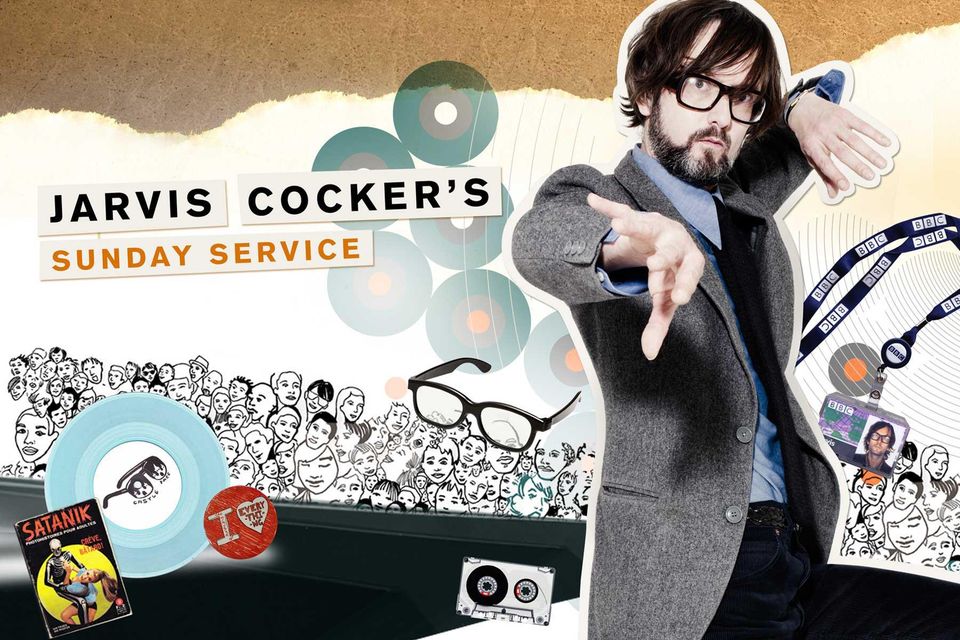
“That’s around when I started to do radio work. I’ve been doing Jarvis Cocker’s Sunday Service off-and-on since then, and that’s made me interface with music in a slightly different way. Now I’m thinking of music I can share with an audience at home. It still feels quite creative, because I like the idea of making a mood—it’s like going around to a friend’s house and playing records. You’re trying to make a nice mood for everybody to have a good time, especially because it’s on a Sunday afternoon, so I always think people may be a bit fragile after getting wasted on Saturday night. It’s not really a high concept, but that’s what I try and do.
I’m very lucky because I do it at the BBC, so there are no advertisements, and I’m allowed to choose all of the music myself and invite people in to interview them. For instance, there’s a group of girls called Stealing Sheep and I quite like their records, and there’s a label called Clay Pipe Music that releases really nice, short-run albums, often kind of pastoral sounds, sometimes electronic stuff. I can really just make the show two hours where I share stuff that I like with people. I love doing that.
Today, in preparation for the show coming back in April, I pre-recorded an interview with a guy called Steven Johnson, who’s recently published a book called Wonderland, which is all about how a lot of technical innovations have come from the human impulse to play. We talked about music, and some of the earliest human artifacts that have been found in caves are bone flutes. So, human beings were making musical instruments long before they learned how to write. I like to think about things like that. Music is not a luxury—it’s a thing that we’ve done ever since we knew what it was to be a human. It’s a profound part of us. It’s not just like a little added extra, it’s something really deep within us. That’s why we react to it so strongly, and why it’s precious to us.”
JC